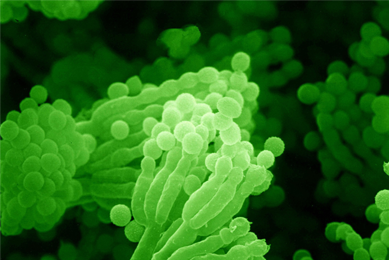Why it's important
The damage caused by plant pests poses a major threat to global food security and the environment. The Food and Agricultural Organization (FAO) estimates that plant diseases annually cost the global economy over $220 billion, and damage due to invasive insects at least $70 billion.1
What’s the solution?
Biocontrol has been proposed as a form of pest management. This strategy provides a sustainable method to control plant pests by using natural enemies (eg, predators, parasitoids, pathogens, competitors) to reduce the population of harmful target species. Fungi, in particular, have been identified as an attractive biocontrol agent as they have high reproductive rates, short regeneration times, and the ability to survive in the environment during the lean season.How we can help
As the leading developer and supplier of authenticated biological materials, ATCC provides the scientific community with access to an expansive collection of credible materials that support biocontrol research applications. Our diverse collection of fungi encompasses over 400 strains with potential biocontrol ability and ATCC offers opportunities for commercial use licensing.
• Entomophagous biocontrol agents – kill harmful insects and mites
• Fungal antagonist/mycoparasite biocontrol agents – kill other pathogenic fungi
• Nematophagous biocontrol agents – kill harmful worms that attack plant roots
• Post-harvest disease biocontrol agents – protect fruits and vegetables from post-harvest disease
• Bioherbicide agent – kills unwanted weeds
Shahin Ali, PhD
Senior Scientist, Collections, ATCC
Dr. Ali is a Senior Scientist at ATCC with over 13 years of experience in the field of fungal biology and plant-pathogen interactions. Before joining ATCC, Dr. Ali worked for the USDA-ARS at Beltsville Agricultural Research Center, Maryland. He obtained his PhD from University College Dublin, Ireland.
Cara Wilder, PhD, ELS
Senior Scientific Writer, ATCC
Dr. Wilder is a Senior Scientific Writer at ATCC. She has a PhD in Microbiology with background experience working with several pathogenic bacterial species in both in vitro and in vivo environments. Dr. Wilder is the author of numerous publications on varying topics of scientific relevance, including quality control, microbial contamination, assay development, proficiency testing, and multidrug resistance.
Dig deeper into our biocontrol resources
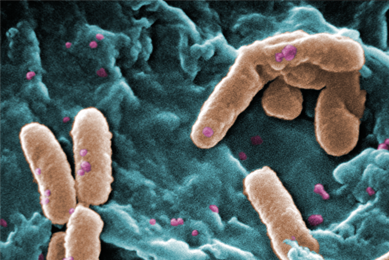
Biocontrol
ATCC offers a broad spectrum of fungi and bacteria that can be used in the biological control of microbes and pests that destroy agricultural plants.
More
Agricultural Research
Early detection of plant and animal diseases is vital for preventing the loss of agricultural resources and minimizing the economic impact. Discover why authenticated materials are essential for developing accurate assays.
More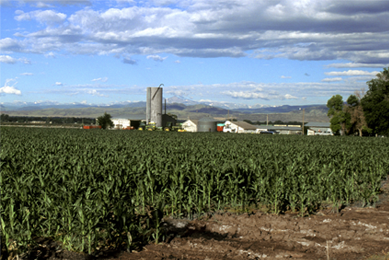
Plant Disease Research
Plants are vital for life on Earth. Yet, they are continually put at risk by the introduction and spread of pests and pathogens. Partner with ATCC to discover how we can protect these valuable resources together.
More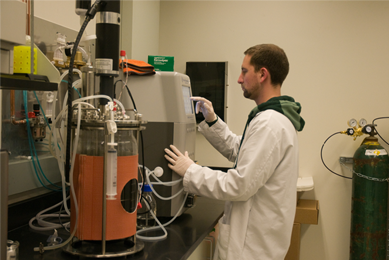
Bioremediation
We have a variety of microbiological strains for use in research on the bioremediation of contaminated soil and industrial waste sites.
More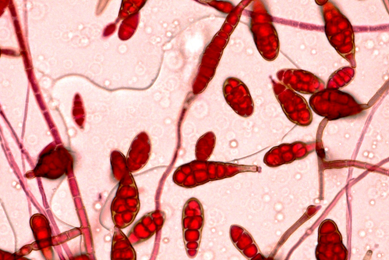 Culture guide
Culture guide
Mycology Culture Guide
Get a detailed mycology guide on the growth, handling, propagation, preservation, and application of yeasts and filamentous fungi.
MoreReferences
1. IPPC Secretariat. 2021. Scientific review of the impact of climate change on plant pests – A global challenge to prevent and mitigate plant pest risks in agriculture, forestry and ecosystems. Rome.
FAO on behalf of the IPPC Secretariat. https://doi.org/10.4060/cb4769en
2. Ons L, et al. Combining Biocontrol Agents with Chemical Fungicides for Integrated Plant Fungal Disease Control. Microorganisms 8(12): 1930, 2020. PubMed: 33291811
